Miracles through music
In the quiet little village of Napier in the Overberg Valley of the Southern Cape, some young people are making a big and joyful noise.
This rural settlement, like most others in South Africa, suffers from the fallout of 350 years of colonialism: juvenile crime, teenage pregnancies, and unemployment; as well as alcohol abuse and drug addiction. Children are largely left to their own devices, so absenteeism from school is high, and therefore education levels are low: a vicious cycle.
Enter Bruce Jack, son of the late Elspeth Jack, a lover of music and a believer in its restorative powers. She was a hugely respected and much loved music teacher and taught for many years at UCT and UWC. She was also an acclaimed performer and music critic for The Cape Times for 14 years.
Elspeth moved with Bruce and his family to The Drift Wine Estate in Napier 20 years ago, where she continued giving private music lessons. Her keen interest in the local community and her desire to stimulate social upliftment left an indelible mark on her son, who continues her work through the Headstart Trust, established in her memory to provide and promote education and outreach programmes for educational enrichment, academic support and supplementary tuition to poor and needy children.
“We have big dreams,” states Jack, “we want to change the world. We cannot fix it overnight but if we begin with something like music, which is naturally in all of us, we can start to uplift broken communities by creating a fabric of healing.”
The Elspeth Jack academy operates within the Protea Primary School in Napier, teaching music to the Grade 7’s: “We have always had a problem with absenteeism, especially with the Grade 7’s,” explains Principal Deslyn Temmers,” but since the music programme started, our attendance rate is up to 98! Parents have come to us and asked to get involved because their children come home enthusiastic and excited.”
Music teacher, Alida Wood explains that with their formal Alfred Piano Series and Trinity College programmes, the learners are taught to read notes and hear rhythms. But then these lessons get applied to popular songs that they choose and their enthusiasm grows.
“When we first started, we realised that these children could not work in a team,” explains Wood. “They could not listen to each other, but now less than a year later, they are playing music together in groups of up to 13, and listening to each other with respect!
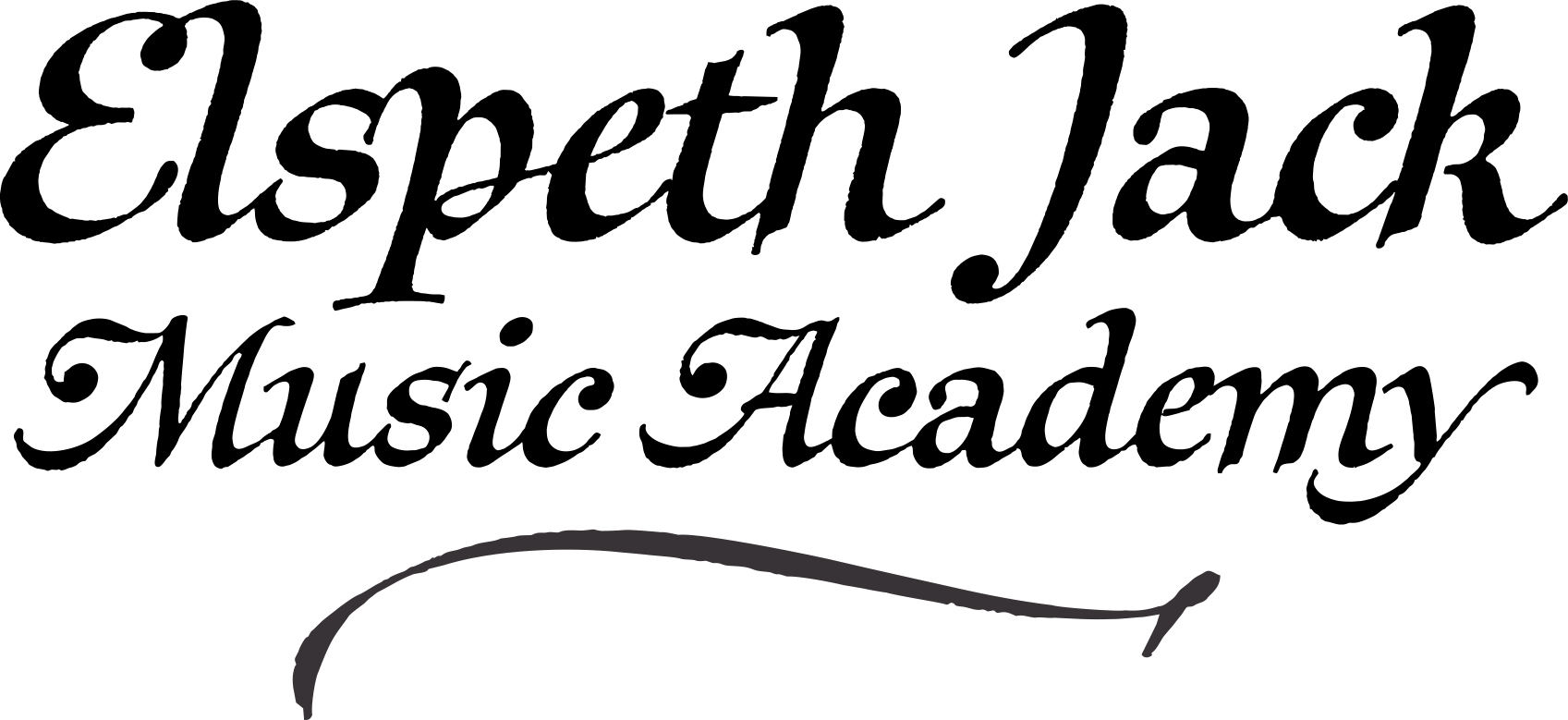 “Some of them really struggled to play notes, they could not alternate their fingers because their fine motor skills were undeveloped, but this has also improved a lot, which again helps with their creative writing skills back in class. “Our vision is frighteningly ambitious,” says Jack. “We want to contribute to the healing of the world. And we want to do it through music. If we can make a difference in a place as damaged and broken as South Africa, we can do it everywhere. While we know it is a challenge, we are determined to make a difference.”
“Some of them really struggled to play notes, they could not alternate their fingers because their fine motor skills were undeveloped, but this has also improved a lot, which again helps with their creative writing skills back in class. “Our vision is frighteningly ambitious,” says Jack. “We want to contribute to the healing of the world. And we want to do it through music. If we can make a difference in a place as damaged and broken as South Africa, we can do it everywhere. While we know it is a challenge, we are determined to make a difference.”

What is special about music is that an instrument can become a friend, and playing an instrument introduces you to friends. When you are happy or when you are sad, music uplifts us. Titia Blake, music teacher “This is something I can be proud of” 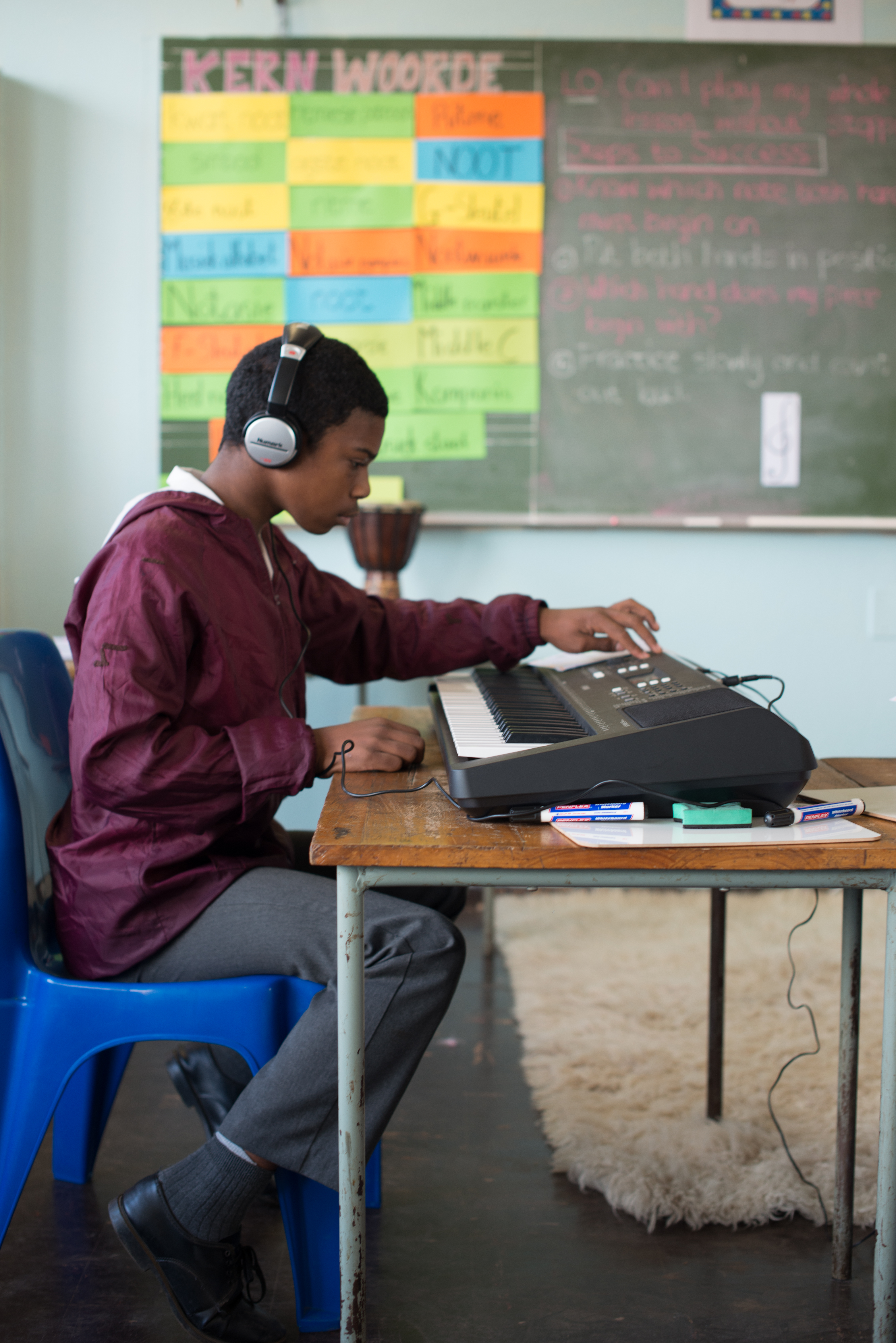
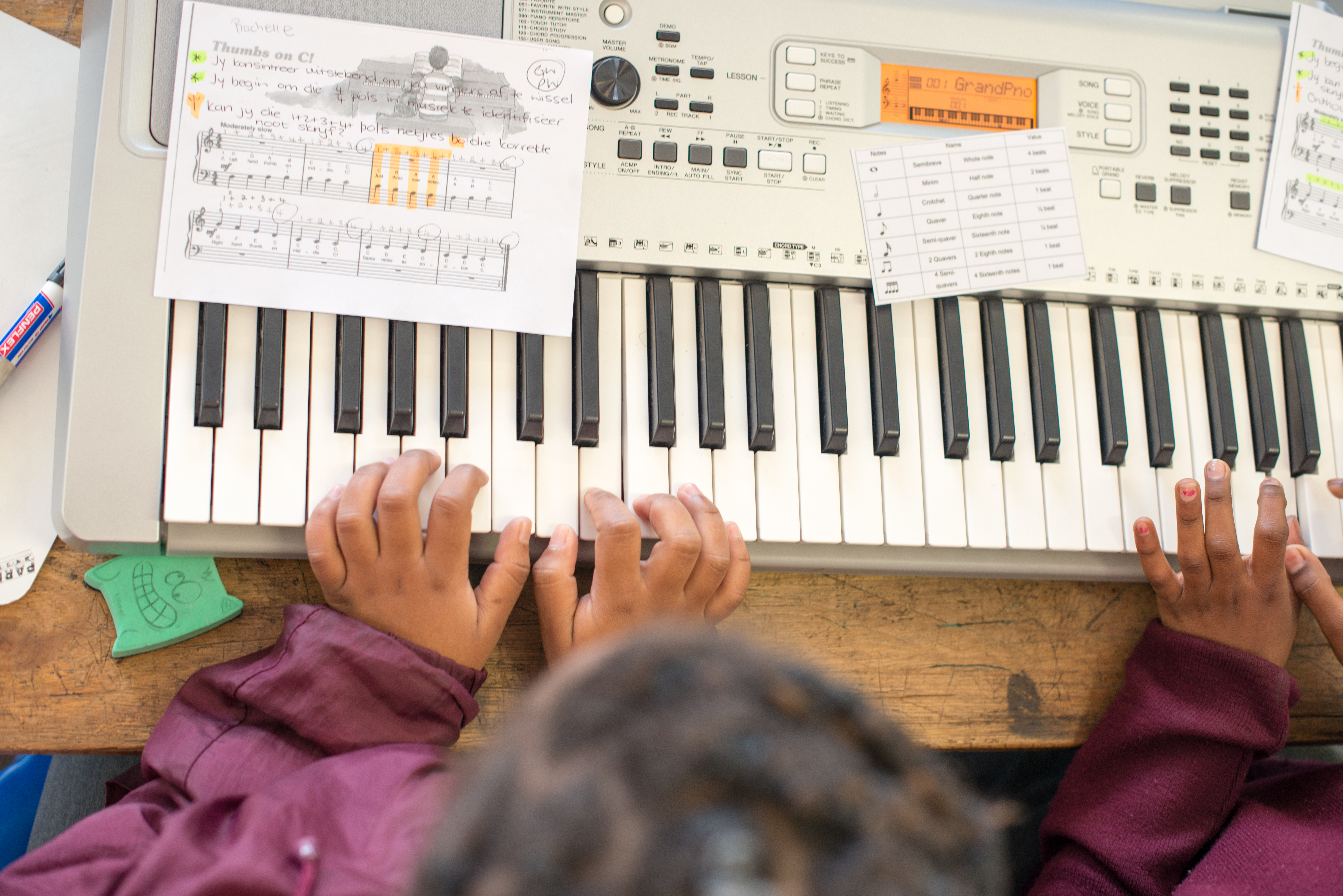
Odwa , “It brings out something good in me” Kaylee.

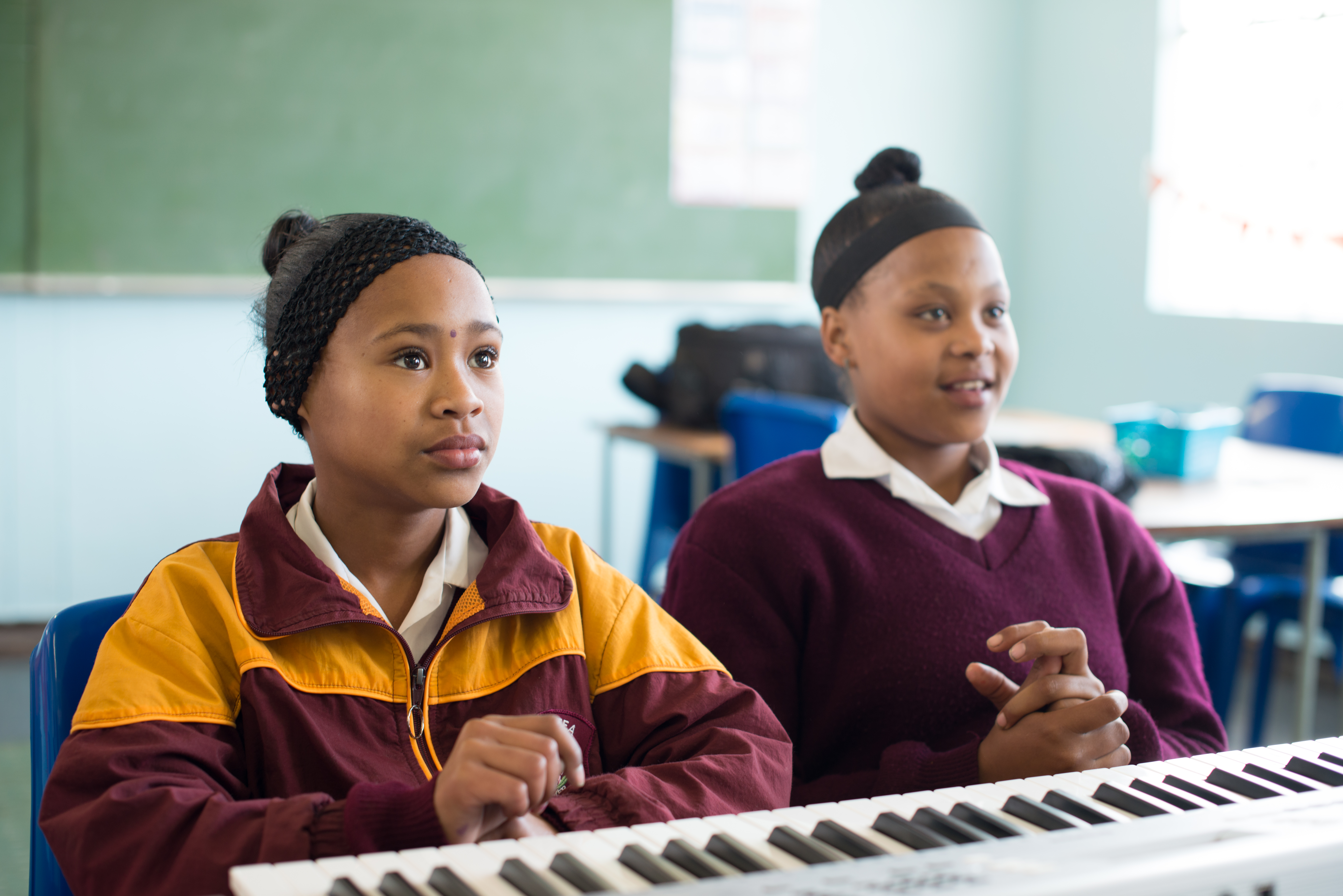
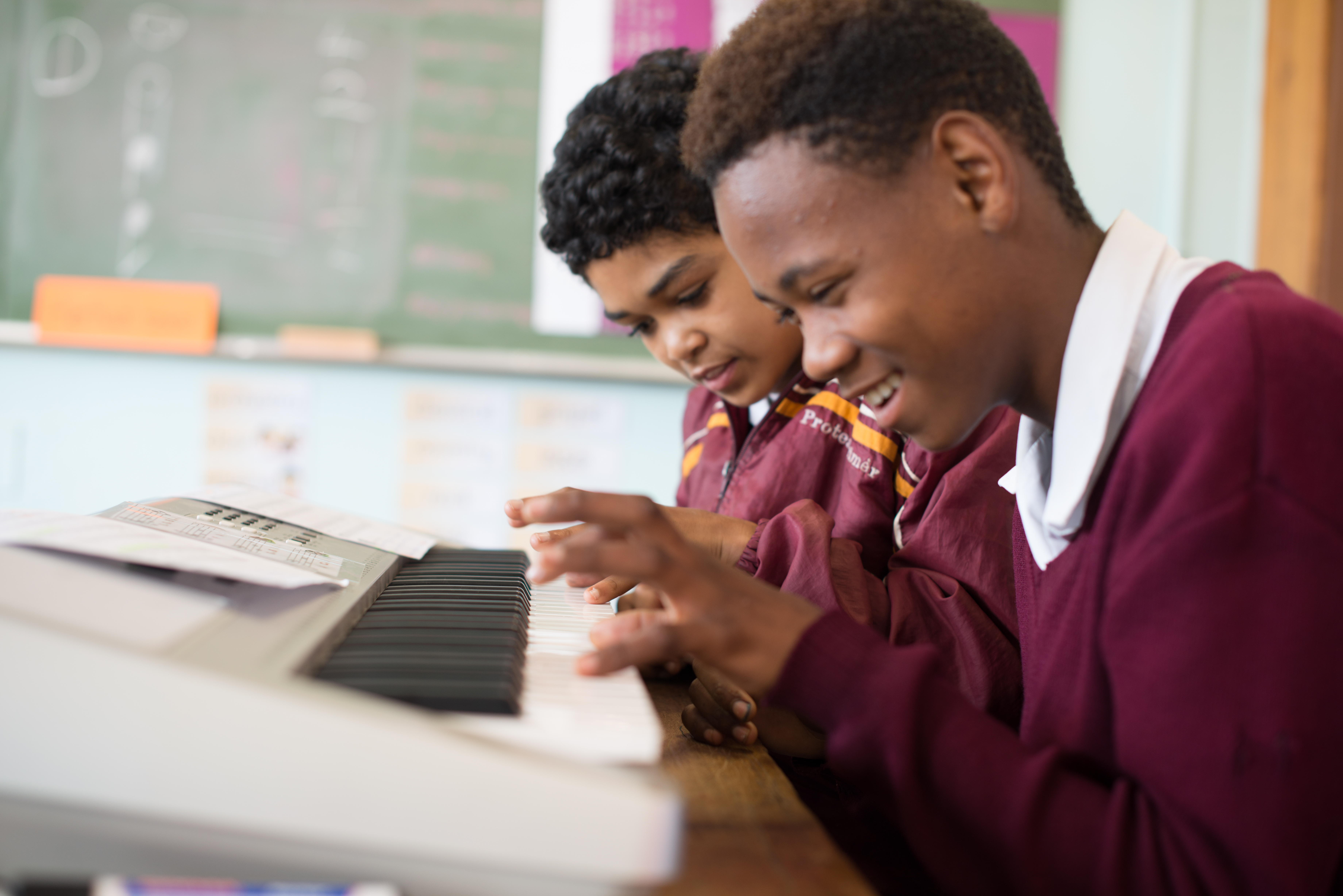
For more information about the trust and its work visit www.brucejack.com . The trust is looking to expand their programme to other grades in the school for which they need funding. They are also in need of musical instruments for their students.
To offer assistance or find out more please contact Headstart General Manager and Trustee WP van Zyl on wpvz@icloud.com
- Julia Moore